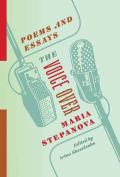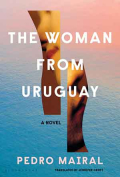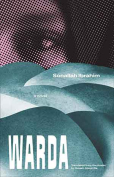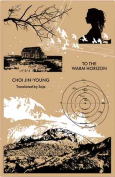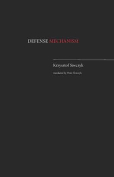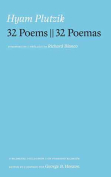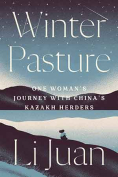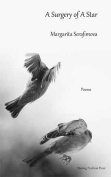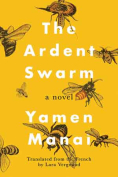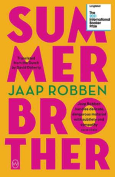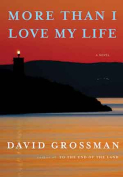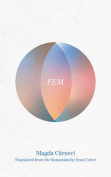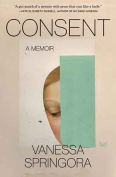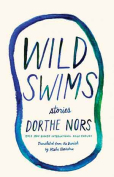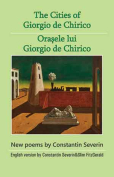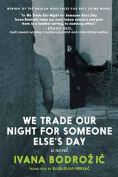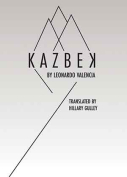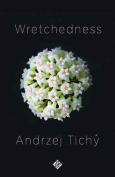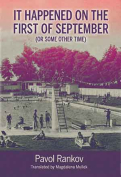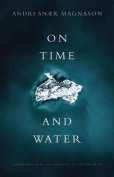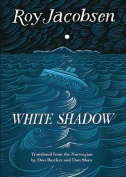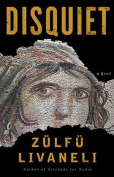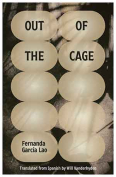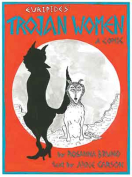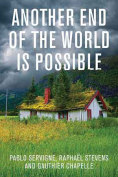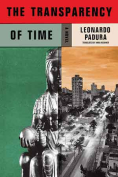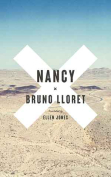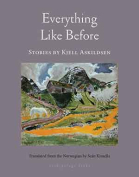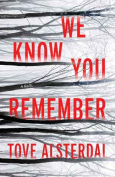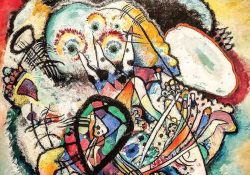The Cities of Giorgio de Chirico / Oraşele lui Giorgio de Chirico by Constantin Severin
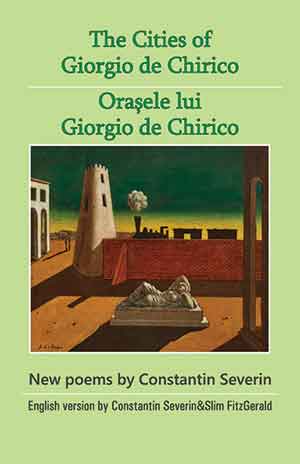 Allahabad, India. Cyberwit. 2021. 84 pages.
Allahabad, India. Cyberwit. 2021. 84 pages.
ROMANIAN ARTIST Constantin Severin’s latest volume of poetry is a gentle gift. Thematically, and in terms of the fineness of language here, this volume continues the poet’s startling and beautiful career of finding and caressing the essences of our human existence with words.
Stylistically, these are poems in an easy harness, hovering, confidently bearing frailties in the wider spiritual context of experience that renders them whole. For the multiple poems here that employ a sort of “chorus” (i.e., shorter repeated parts with an alternate rhythm), it is often just one stark line of poetry repeated verbatim, or modulating slightly, that carries this effect. In other poems, the repetition of key words throughout gives them a lulling constancy, like gentle incantations.
These are elder works, much more than what we’ve seen from Severin previously (“death will come and the wheat will sprout without my gaze”; “the old man is looking for the bird-soul”). We find solace in simple recognition of present circumstances writ large in these pages (“in the global village there is total transparency / we love and die in a glass cage”). Too, there remains in these poems the imprint of the very local, as in the poem “Ta Twam Asi” (“when I was young my country grandmother used to sew / owl claws to my cuffs”). And there is ample earned wisdom here (“only now do I understand that the invisible / is stronger than the visible”).
Severin’s renown as a visual artist is present notably in the title poem, “The Cities of Giorgio de Chirico,” paying tribute to this metaphysical-surrealist Italian painter of a century ago, whose haunted, haunting canvases of empty streets and piazzas may find echo today in the lockdown in which the poet has written these poems. All dated in the range April through June 2020, these are poems set down at the height of the Covid-19 pandemic’s first wave (“I met you when the world was a huge resuscitation room / and anxiety and despair connected us to the same oxygen tube”). And there are exquisite effects when the poet’s visual and auditory senses seem to fuse, always uplifting the despair (“night butterflies fluttering eyes watching the collapse / (. . .) night butterflies small sarcophagi of freedom”).
All in all, this is a floating, sublime short collection of bilingual verse—a fine, skillful stand-alone volume exhorting us to sit, slowly absorb the light, and simply be. Thank you, Mr. Severin, for these moments of gentle clarity, of grace within.
Andrew Singer
Trafika Europe

